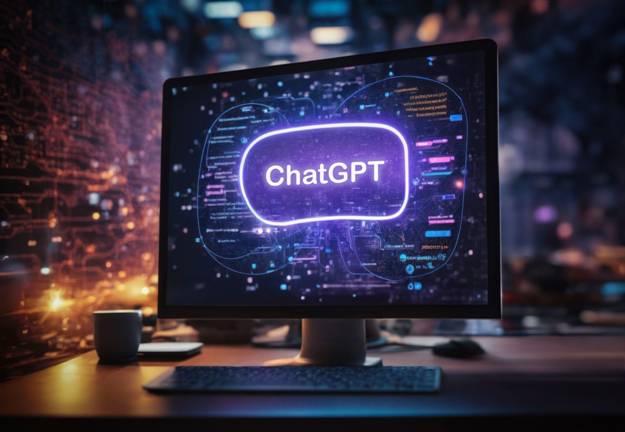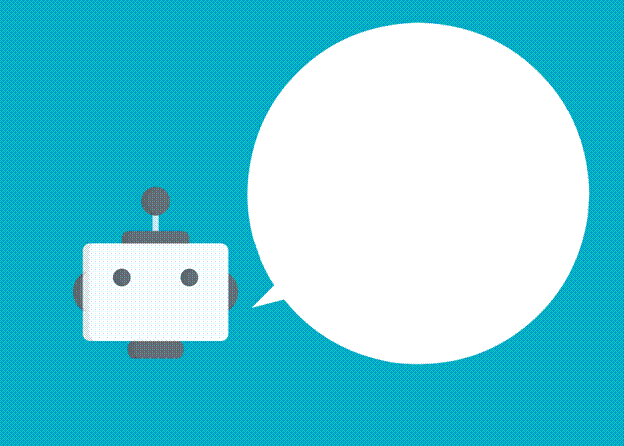Personalized marketing has emerged as one of the most important ways of reaching out to customers and creating conversions in today’s highly digital landscape. And, as artificial intelligence advances, GPT, or Generative Pre-trained Transformer, chatbots have emerged as some of the most powerful tools for creating customized, interactive experiences at scale. This piece clarifies how marketers can leverage GPT chatbots in order to boost their personalized marketing strategies and deliver more effective campaigns.
Understanding GPT Chatbots
GPT chatbots are intelligent AI-based conversational agents that engage natural language processing activities to understand and respond in tune with the user input. GPT models differ from those rule-based chatbots because they can easily give human-like responses across various contexts; as such, they would be most beneficially applied to personalized marketing applications.

Advantages of GPT Chatbots in Personalized Marketing
Higher Customer Engagement
GPT chatbots enable users to have a conversation in a natural, dynamic manner that renders far more conversational and personalized experiences than any other channel. Such levels of engagement can go a long way to guarantee higher satisfaction with customers and loyalty to the brand.
Always Available to the Customer
Chatbots from strictly.ai/chatbots are always available, ensuring customers receive instant responses and recommendations 24/7. This constant availability enhances the customer experience and helps capture leads that might otherwise be missed..
Scalable Personalization
GPT chatbots can analyze user data and behavior in real-time; this enables them to go large on personalization for the huge customer base. This allows marketers to give specifically customized content, product offerings, and offers to individual users without heavy human intervention.
Data Collection and Analysis
Customer preferences, pain points, and behavior can be gathered from discussions with the users and later used to aid in fine-tuning marketing strategies and product offers.
How to Incorporate GPT Chatbots into Your Marketing Strategy
1. Set Specific Objectives
You need to set specific objectives before you begin implementing the GPT chatbot for your personalized marketing activities. These may be lead generation, customer service, product recommendation, or promoting awareness for a brand.
2. Develop Conversational Workflows
Create stimulating conversational flows that nudge users toward your marketing objectives while being useful. The chatbot personality needs to be the brand voice, not alienated to the target audience.
3. Integration with Existing Systems
Integrate the GPT chatbot with CRM, marketing automation tools, and any other pertinent systems to enable unrestricted flow of data and homogenous personalization across all touchpoints.
4. Training and Refining
Analyze user feedback about interactions with the chatbot to know your areas of improvement. Use that information for personalization of responses while using the chatbot and improve its personalization feature.

Personalized Marketing Applications for GPT Chatbots
Product Recommendations
GPT chatbots can extract user preferences and browsing history and use these details to do personalized product recommendation. While interacting with users, chatbots can get further context which will refine those recommendations. This will lead to higher conversion rates.
Content Curation
Chatbots allow users to find relevant and interesting content based on their interests and behavior. According to the questions asked, as well as responses received from users, GPT chatbots can lead them to relevant blog posts, videos, or other useful resources.
Lead Qualification
On the other hand, GPT chatbots can engage in dialogues with prospects to know about their needs and qualify leads. Through appropriate questions and tailored information, for instance, chatbots can generate leads and enable qualified prospects to be forwarded to the sales team.
Personalized Offers and Campaigns
Using user data as well as conversation history, GPT chatbots can also make customized offers and promotions to any customer. This further enhances this tactical approach to marketing campaigns to some great extent.
Customer Feedback and Surveys
Chatbots can create personalized surveys for the customers and collect feedback in a dialogue format. This method will definitely improve the response rate and yield better insights than the traditional survey methods of asking from the customers.
Challenges and Considerations
While the GPT chatbots are much in favor for customized marketing, there are some challenges that need consideration:
Data Privacy and Security
Ensure your chatbot implementation complies with data protection policies and maintains user privacy. In addition, show transparency about data collection and use practices.
Brand Consistency
Even if the GPT chatbots can have very natural responses, varied in what they say and how they say it, the paramount importance is to represent the brand voice and values while generating responses from the chatbot.
Handling Complex Queries
Although highly advanced in capabilities, GPT chatbots may struggle with complex or subtle questions. Ensure there is a smooth handover to human agents when necessary.
Continuous Monitoring and Optimization
The system must constantly monitor and calibrate the chatbot to ensure it is always functioning well and does not suffer from information flows that may lead to biased responses.
Conclusion
The GPT chatbots are a powerful tool placed in the marketer’s hands, which is an attempt to augment the personalized marketing approach taken by them. Businesses can now achieve what for such a long time was considered impossible: creating much more engaging, especially tailored experiences for customers at scale-by using their natural language processing capabilities in these AI-powered chatbots.
As with any marketing technology, success with GPT chatbots comes only from careful planning and implementation followed by constant optimization. By targeting clear objectives, careful design of thoughtful conversation flows, and continuous refinement based on user feedback, marketers can maximize the full potential of GPT chatbots toward personalization and achievements of marketing goals.
As the technology of AI advances further, GPT chatbots are going to be utilized more importantly in personalized marketing strategies. The adoption of this technology today is going to bring competitive advantages to businesses and enable them to develop stronger, more meaningful relationships with their customers.





